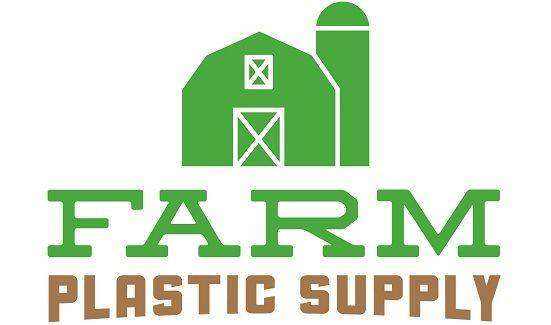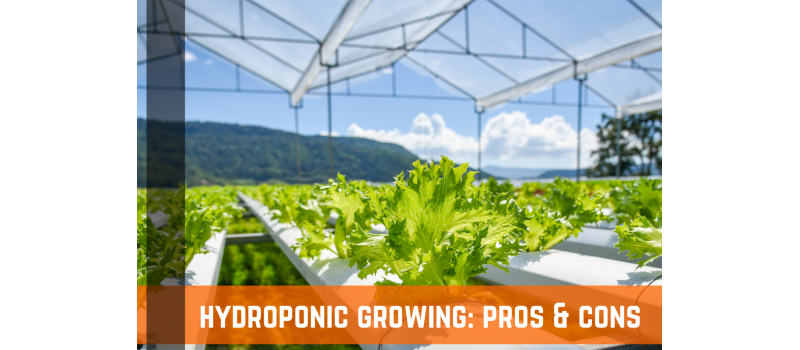With how popular home gardening has become, it's important to consider the medium in which you grow your plants. In most cases, your options will be hydroponics vs soil. In particular, hydroponics is becoming an increasingly popular choice for several reasons.
Did you know the global market for hydroponic gardening was valued at $2.1 billion in 2020? Not only that but it's expected to grow at a rate of 20.7% from now till 2028. This is largely because it's one of the most profitable methods of alternative farming, but it's really easy to set up in a home environment too.
But do you know what actually goes into hydroponic indoor plants and gardening? Humanity has been farming in soil for thousands of years. Can hydroponics really be better? We've got the answers. Keep reading and find out!
Understanding Soil
Most people who start out with gardening will start in soil. It seems like the natural choice, doesn't it? It also seems effortless to grow plants in soil, and mostly, it is pretty easy. Good quality soil has important nutrients that a plant needs to survive and grow, and typically soil means natural pollinators, which is important for fruits and vegetables.
However, while soil is more natural for plants, it can produce slower results. Let's look at a list of pros and cons to get a better understanding.
The Pros:
- A natural environment
- Lower overall costs
- Soil is naturally adjusting
- More forgiving for busy people
- Better flavor
The Cons:
- A significantly slower growing cycle
- Little to no pest control
- Requires more initial TLC
- Large need for space
- Smaller yields
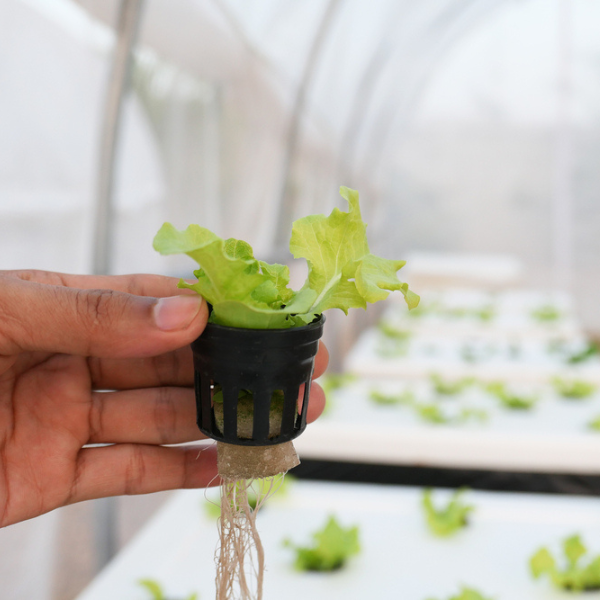
What Are Hydroponics?
One of the primary reasons people prefer using hydroponics for their garden setup is their quick growing cycle, as it's estimated that hydroponics actually grow 30-50% faster than their soil counterparts. Because of their growth speed, it's also easier to spot issues before they become significant.
There is also the possibility of automation, which, once set up, is a breeze. This does, however, come at a cost, which can pay for itself, but should be noted nonetheless. Depending on your gardening goals, hydroponics may or may not be the right choice for you. Let's look at the pros and cons of hydroponics.
The Pros:
- Faster growing cycle
- Larger yields
- Easy to spot issues early on
- No pests
- Fewer space requirements
- Visually appealing
- Easily automated
- Easy to control nutrients
The Cons:
- Higher initial costs
- Potentially less flavor
- More time is needed upfront
- Not always beginner-friendly
- Must hand-supplement nutrients
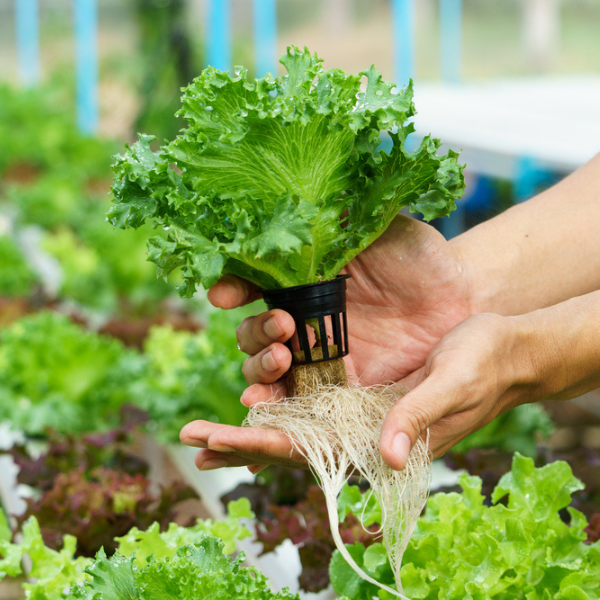
Hydroponics vs Soil - Which Is Better?
One of the first things we need to consider when comparing the two is their nutrients. We use mineral salts to make hydroponic nutrients, which are roughly the same as those present in soil, but more readily available. When you buy soil, you're getting a mix of organic and mineral-rich materials.
The minerals in store-bought soil are, mostly, from the same manufacturers as those found in hydroponics nutrient packs. The difference lies in their release. Soil-based minerals are slow-release, which means they feed into the plant gradually. Hydroponic nutrients are fast-release and have a higher uptake, resulting in better outcomes and faster development overall.
When in soil, a plant's roots need to go looking for nutrients, which means they have considerably larger root systems than hydroponic plants. Nutrients are given directly to the root system in hydroponics in closely measured quantities. This strategy means that plants get the right amount at the right time, allowing them to focus their energy on growing leaves, fruit, and foliage.
Because of this, hydroponic growing means stronger, healthier, and more vibrant plants with potentially more vitamins and yes, more flavor. Add this to their other pros, like their space and timesaving components, and they're a winner for most people.
It's also worth noting that a hydroponic system is environmentally friendly. Because the water is recirculated, it does not evaporate as quickly or soak as quickly into the ground. In fact, when compared to a traditional soil bed, a recirculating hydroponic garden can save up to 90% of water.
These are our top 6 reasons hydroponics may be the better choice for you:
- Faster results
- Chemical-free
- "Set and Forget"
- No digging and weeding
- Saves on water
- Repeatability
Yes, it can take more time to set up a good hydroponics system, but once it's set up it's easy to keep it going, and an automated system takes a lot of the guesswork out of the equation, which is better for you and your resources.
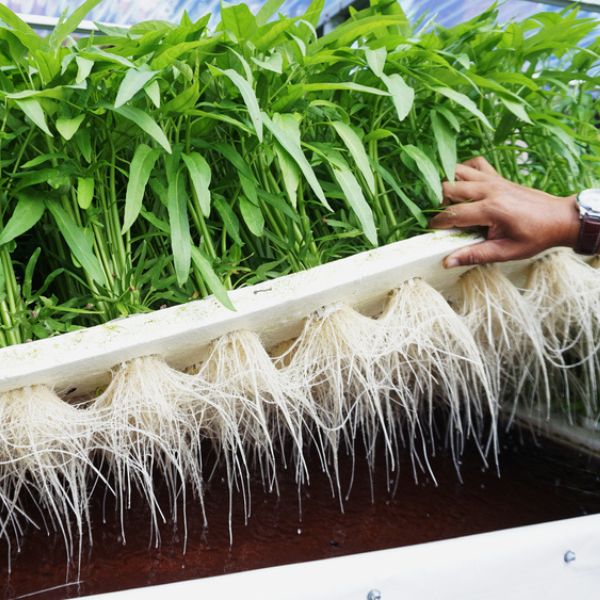
Is Soil Still a Good Choice?
While it's said that growing plants in soil yields better flavors, there is a higher risk of pests like fungal mites and insect eggs, which naturally exist in soil, so they can be hard to combat. This means there is a need for pesticides, which can damage your plants and the environment. Because it's also so slow-growing, your yields will not be as fruitful. That being said, soil could be a good option for those with limited time and a lot of space.
It can also be challenging to transplant hydroponically grown plants to soil, as they have more delicate root systems, but a good transition phase cures that. When you know what to do, you won't have any issues.
At the end of the day, the choice is yours, but once you've breached the initial hurdles with hydroponics, it may be the better option in a modern world and no soil indoor plants are better for you and the environment.
Gearing Yourself (And Your Plants) For Success
No matter your goals, setting up a gardening system should be a fun and engaging process, one that will bring you nutritious and beautiful plants. If you're interested in trying your hand at hydroponics, do your research beforehand and find a system that will work best for you.
We have a range of supplies to suit every need, and we're always around to offer advice or encouragement. Contact us today and let's see what we can help you build. In the battle of hydroponics vs soil, we have a solution to fit every need.
